
3 Thermogenic Fat Burners that Really Work
A thermogenic fat burner ingredient is a natural ingredient which can help you body burn more calories by raising your metabolism.
If you’ve spent any time looking into losing weight, or fat loss aids, you may have come across something called thermogenic fat burners.
While they may sound like something made up in a lab, they’re actually entirely natural ingredients, which can have a positive effect on your metabolism and therefore, fat burning abilities.
They may help, but they are no means the magical cure to your weight loss efforts. Undoubtedly, the best way to get the most out of a thermogenic is to treat it as a supplement, designed to support and enhance the results of a calorie restricted diet and regular exercise.
This article explores how thermogenic fat burners work, how you can get the most out of them and what foods and extracts offer thermogenic qualities.
What are thermogenic fat burners?
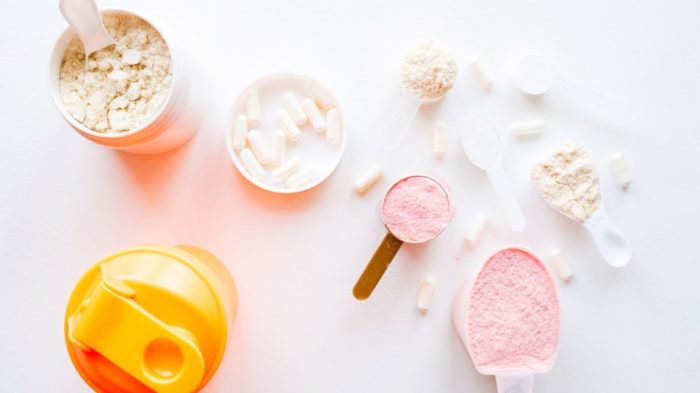
You may have guessed from the name, but a thermogenic fat burner is all to do with heat.
A state of thermogenesis describes a process where your body burns calories in order to produce heat.
Thermogenic ingredients can influence the body to achieve this state, which leads to a higher metabolism and more calories burned.
They’re often used within weight loss supplements to enhance overall calorie burn and assist your body in targeting fat for energy over carbohydrates.
Can thermogenic fat burners help you lose weight?
When accompanied by a healthy, low-calorie diet and exercise, this can positively impact your weight loss efforts.
Despite this, it’s important you adjust your expectations of what it can achieve.
Alone a thermogenic fat burner won’t make a significant difference. It definitely won’t be enough to help you drop weight and completely change your body.
The truth of the matter is, to see the results you’re looking for, the success will come from a calorie-restricted diet and plenty of exercise.
A healthy, controlled diet will help to instantly place you in a calorie deficit, which is the key to losing weight.
Combine this with strength training and sprint cardio, and you can substantially raise your metabolism so you’re in a position to lose weight.
While they don’t have a big enough impact to work alone, a thermogenic fat burner can help enhance the results from your dedicated fitness and eating regime.
In fact, scientific research has proven they can have a direct impact on weight loss [1]. Therefore, if you want to get to your target weight quicker, or simply want to give your efforts a powerful edge, then a thermogenic fat burner could be for you.
Thermogenic fat burner ingredients that work
This section will explore the natural ingredients that have been proven to boost metabolism by influencing thermogenesis.
Caffeine
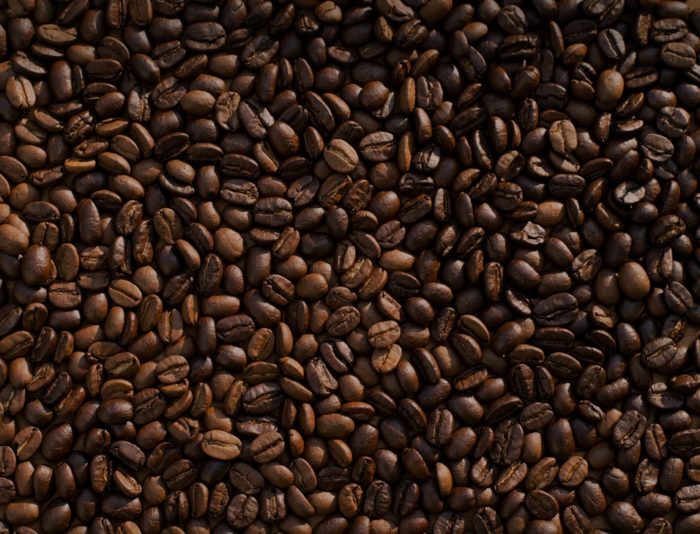
Not only is this the key ingredient to one of the most widely consumed drinks in the world, it’s also a thermogenic fat burner.
Science has shown that it can heighten metabolism and therefore increase overall calorie burn [2].
Whilst boosting the amount of calories you use, it increases fat oxidization, which means you’re directly drawing on fat to fuel this additional calorie burn [3]. That means you’re directly targeting fat rather than carbohydrates.
As an added bonus, caffeine has been shown to improve physical performance, allowing you to increase your exerted effort during a workout by around 12% [4]. This helps to complement the thermogenic fat burner properties within this stimulant.
[Related Article: Caffeine Anhydrous Explained – What is it and How Does it Work?]
Capsaicin

This is an alkaloid compound found in the seeds and fruit of hot chilis like the cayenne pepper.
Capsaicin is responsible for the sensation of pain and heat you experience when eating hot, spicy foods.
Another effect of capsaicin is it’s influence over your metabolic rate. It’s a powerful thermogenic that has been proven to increase the amount of calories you burn and specifically target fat [5].
In a large study of 20 individual trials, scientists found that capsaicin can help to boost your metabolic rate by up to 50 calories a day [6]. While this may not seem like a lot, when accompanied by the right diet and exercise regime, this has the potential to boost our weight loss efforts.
As well as possessing thermogenic fat burning properties, capsaicin has also been shown to reduce appetite [7]. This helps to control your food intake and keep your calorie consumption in check.
There are a wide range of studies linking this compound to weight loss and reduction, which is why it’s such a popular ingredient in fat burner supplements.
Green tea
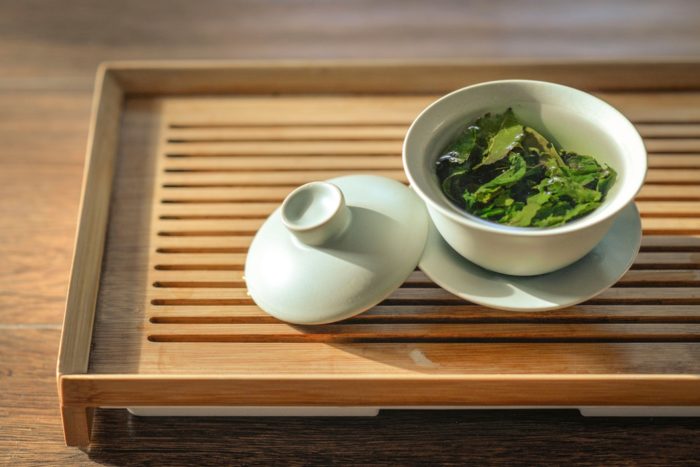
This popular drink takes a double-barrelled approach to burning fat.
You may know it contains caffeine which, as we discussed above, has its own thermogenic properties, and has been proven to help you lose fat.
On top of that, green tea contains a natural antioxidant called EGCG. These are catechins that can have a direct impact on boosting metabolism [8].
One study found that the catechins helped to boost fat burning by up to 17% during moderate exercise [9].
While green tea is one of the most highly researched thermogenic fat burners, you might consider matcha green tea too. One study found that this Japanese strain contains up to 137 times the number of catechins found in the more common variant you’re used to [10]. This could provide a more powerful fat burning effect.
[Related Article: Matcha Green Tea – What is it and How Does it Work?]
Side effects to look out for
The majority of people seem to tolerate thermogenic fat burners well, however there are some exceptions, where side effects can cause problems.
On the list of adverse symptoms are nausea, stomach pain, constipation and headaches [11].
If you consume too much caffeine you may experience migraines, headaches [12], heart palpitations and even anxiety [13].
The US Department of Agriculture recommend consuming no more than 400mg of caffeine a day in order to stay safe and avoid side effects [14]. This equates to around 4 cups of coffee a day.
Fatal cases due to overconsumption of caffeine have been recorded at a single 500mg dose [15].
Are they safe?

Most people who take these types of supplements don’t experience any kind of adverse symptoms, therefore natural thermogenics are widely considered as safe to use[16].
However, we do recommend you examine the label of any weight loss supplement you take to ensure you’re not over the recommended daily stimulant allowance.
Simply adjust your coffee and tea intake accordingly to accommodate the extra stimulants if you need to.
You should also drink plenty of water throughout the day.
Overall the best way to ensure safety is not to overdo it. If you start feeling unwell or nauseas at all, stop taking the thermogenic, lower your servings or avoid it altogether.
Speak to you physician if you’re unsure or you experience any side effects.
Should you take a thermogenic fat burner?
These three natural thermogenic ingredients are widely consumed throughout the world and are generally considered safe when taken at reasonable serving sizes.
As we mentioned above, they aren’t the secret weapon to helping you drop three dress sizes – that always comes back to a good diet and plenty of exercise.
However, they have the potential to support your dieting efforts, help you achieve your results faster and enhance progress.
You can benefit from these thermogenic fat burners by including more of them in your diet, or by opting for a supplement stack.
They usually include a range of thermogenic ingredients and are generally considered more convenient than eating and drinking more peppers, coffee and green tea throughout the day.
You should be wary that fat burner supplements aren’t well regulated and often, some manufacturers take advantage of that fact to create low-quality products that could be considered dangerous. It’s worth taking care and doing your research when exploring the market.
[Related article: The Best Fat Burner Supplements for Women]
The final word
While they won’t do all the hard work for you, a thermogenic fat burner can help to heighten our metabolism and boost your overall fat burning potential.
If you’re looking to lose weight, supplementing your diet with these ingredients could help to achieve your results faster when accompanied by a calorie-controlled diet and exercise.
References
- Campbell BI, Zito G, Colquhoun R, et al. The effects of a single-dose thermogenic supplement on resting metabolic rate and hemodynamic variables in healthy females–a randomized, double-blind, placebo-controlled, cross-over trial. J Int Soc Sports Nutr. 2016;13:13. Published 2016
- Acheson KJ, e. (1980). Caffeine and coffee: their influence on metabolic rate and substrate utilization in normal weight and obese individuals. – PubMed – NCBI.
- Acheson KJ, e. (2004). Metabolic effects of caffeine in humans: lipid oxidation or futile cycling? – PubMed – NCBI. [online]
- PM, D. (2004). Effects of caffeine ingestion on exercise testing: a meta-analysis. – PubMed – NCBI. [online]
- Yoshioka, M et al. Effects of red-pepper diet on the energy metabolism in men. J Nutr Sci Vitaminol (Tokyo). 1995; 41(6): 647-56
- Whiting S, e. (2012). Capsaicinoids and capsinoids. A potential role for weight management? A systematic review of the evidence. – PubMed – NCBI. [online]
- Whiting S, e. (2014). Could capsaicinoids help to support weight management? A systematic review and meta-analysis of energy intake data. – PubMed – NCBI. [online]
- Diepvens K, e. (2007). Obesity and thermogenesis related to the consumption of caffeine, ephedrine, capsaicin, and green tea. – PubMed – NCBI. [online]
- Venables MC, e. (2008). Green tea extract ingestion, fat oxidation, and glucose tolerance in healthy humans. – PubMed – NCBI. [online]
- CR, W. (2003). Determination of catechins in matcha green tea by micellar electrokinetic chromatography. – PubMed – NCBI. [online]
- Campbell, Bill I et al. “The effects of a fat loss supplement on resting metabolic rate and hemodynamic variables in resistance trained males: a randomized, double-blind, placebo-controlled, cross-over trial.” Journal of the International Society of Sports Nutrition vol. 13 14. 1 Apr. 2016, doi:10.1186/s12970-016-0125-z
- Ann I. Scher, Walter F. Stewart, Richard B. Lipton. Caffeine as a risk factor for chronic daily headache – A population-based study December 13, 2004,
- Reissig CJ1, Strain EC, Griffiths RR. Caffeinated energy drinks–a growing problem. Drug Alcohol Depend. 2009 Jan 1
- Scientific Report of the 2015 Dietary Guidelines Advisory Committee. USDA. Feb 2015
- T, K. (2005). Fatal caffeine overdose: two case reports. – PubMed – NCBI. [online]
- Vogel, Roxanne M et al. “Consuming a multi-ingredient thermogenic supplement for 28 days is apparently safe in healthy adults.” Food & nutrition research vol. 59 27999. 22 Jul. 2015
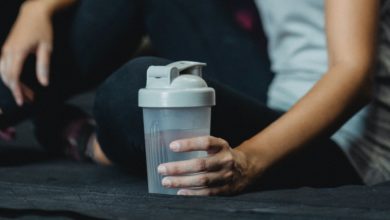

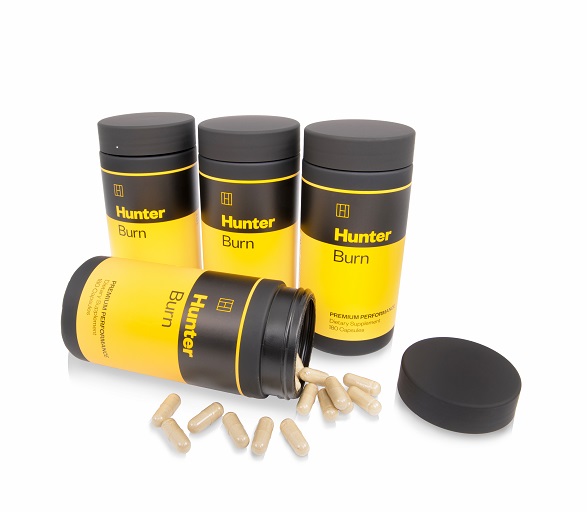
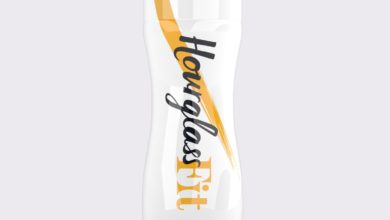
4 Comments